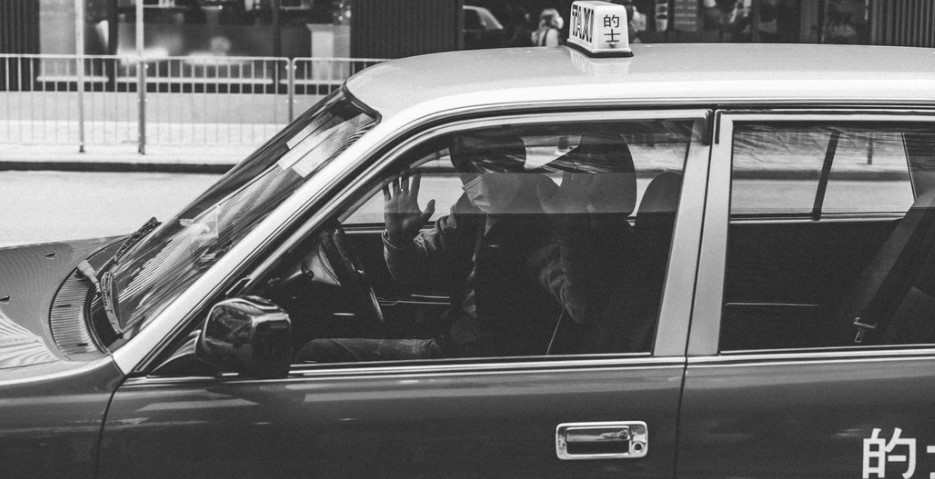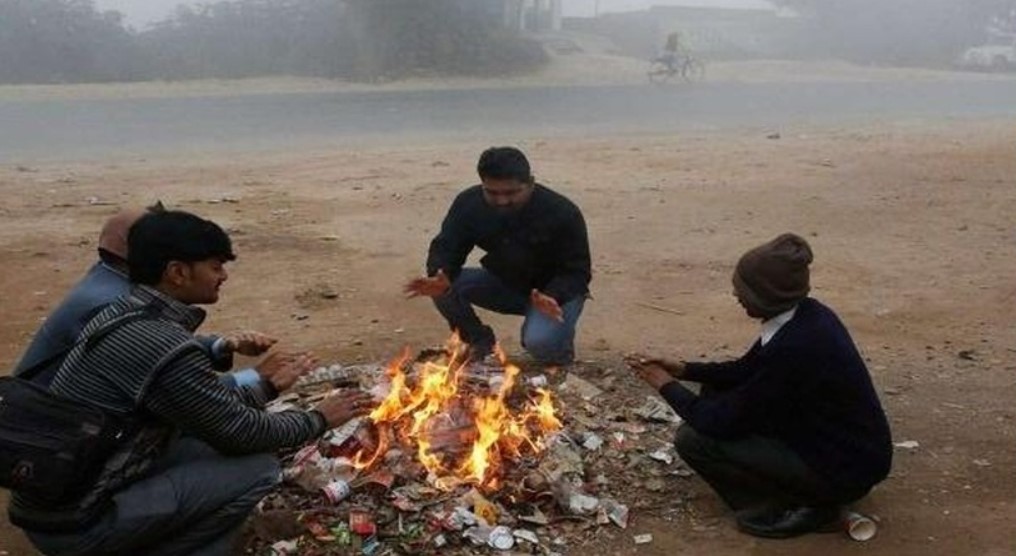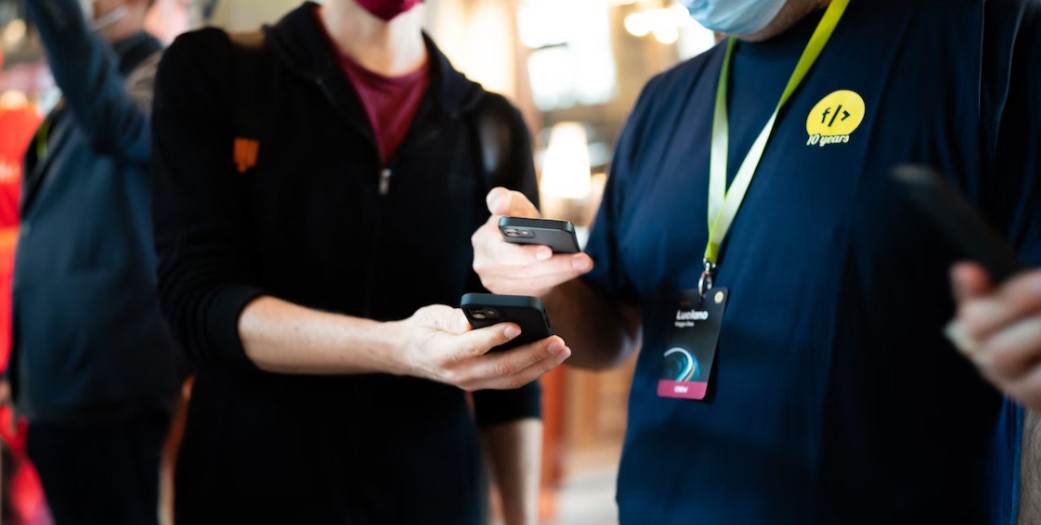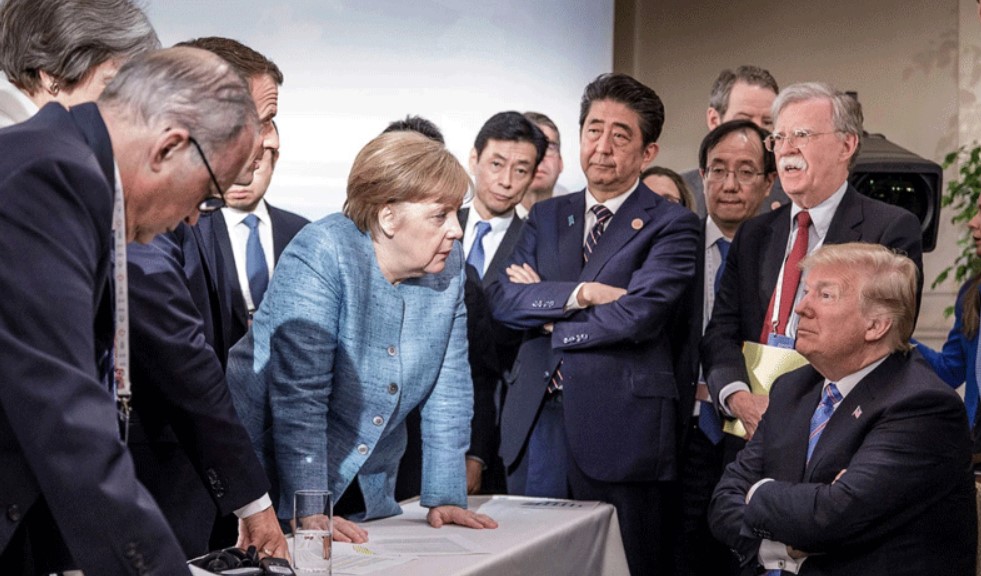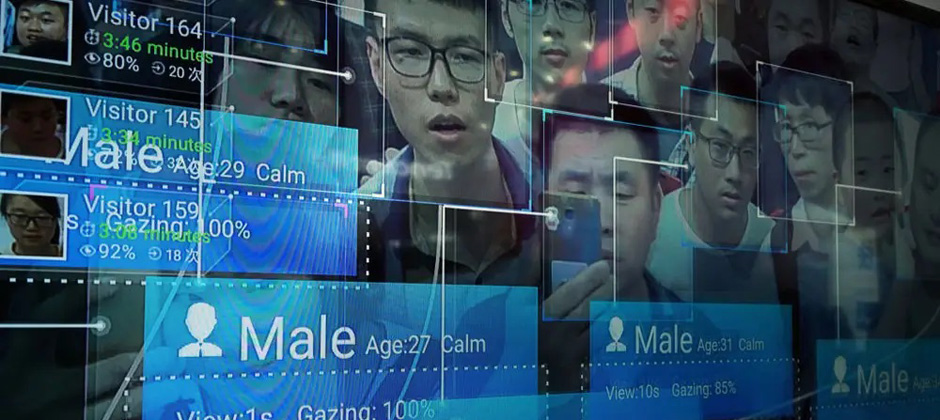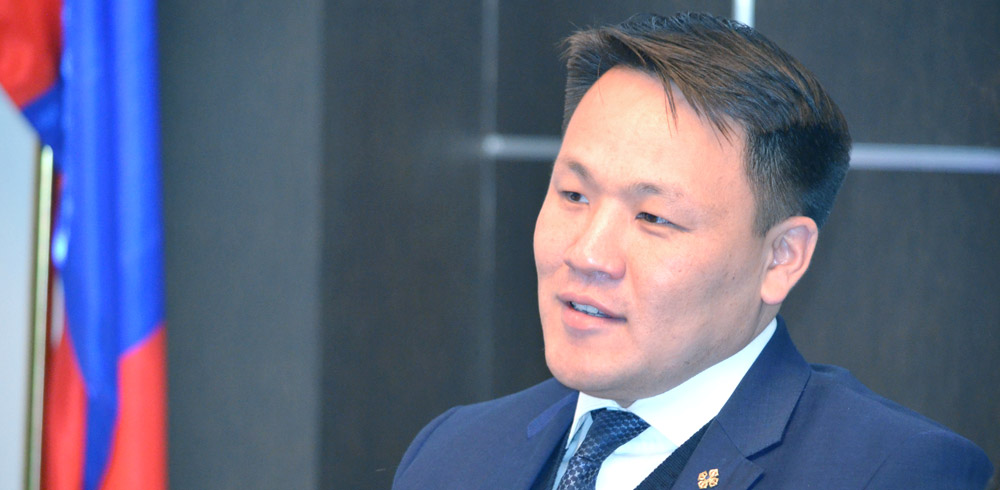Strict measures to contain the Coronavirus have been imposed in Hong Kong. Since the global spread of the virus began, 11 836 Coronavirus infections and 210 deaths believed to be related to an infection have been reported.
Of the 3,3 million BioNTech vaccine doses that have been shipped to Hong Kong, only 1,2 million doses have been used so far. The plan was to vaccinate 6,5 million people with BioNTech and the Chinese vaccine Sinovac. The number of new infections, however, seems to be so insignificant to Hong Kong residents that only 19 percent have been vaccinated so far.
Only 14 percent of the population are fully vaccinated. One positive Coronavirus case is currently reported per day. In addition, the citizens of Hong Kong seem to be particularly skeptical about the vaccination of the Chinese preparation. The two million vaccine doses stored will expire in mid-August.
Hong Kong Vaccination Commission member Thomas Tsang pointed to other countries like India where much-needed vaccine is missing while Hong Kong vaccines are lapsing: “After the expiration date, they can no longer be used, and the vaccination centers for BioNTech will cease operations from the end of September according to the initial plan.”
In order to make a vaccination palatable to Hong Kong inhabitants, public employees are to be given additional days off if they are vaccinated against the Coronavirus. The idea of a monetary incentive or vouchers was dismissed the head of government, Carrie Lam. In their opinion, this could have the opposite effect.
There is also widespread skepticism about vaccinations among health workers in the special economic zone. Earlier this month, the hospital authorities said that only a third of hospital staff had been vaccinated. The next step is to vaccinate refugees and asylum seekers.





